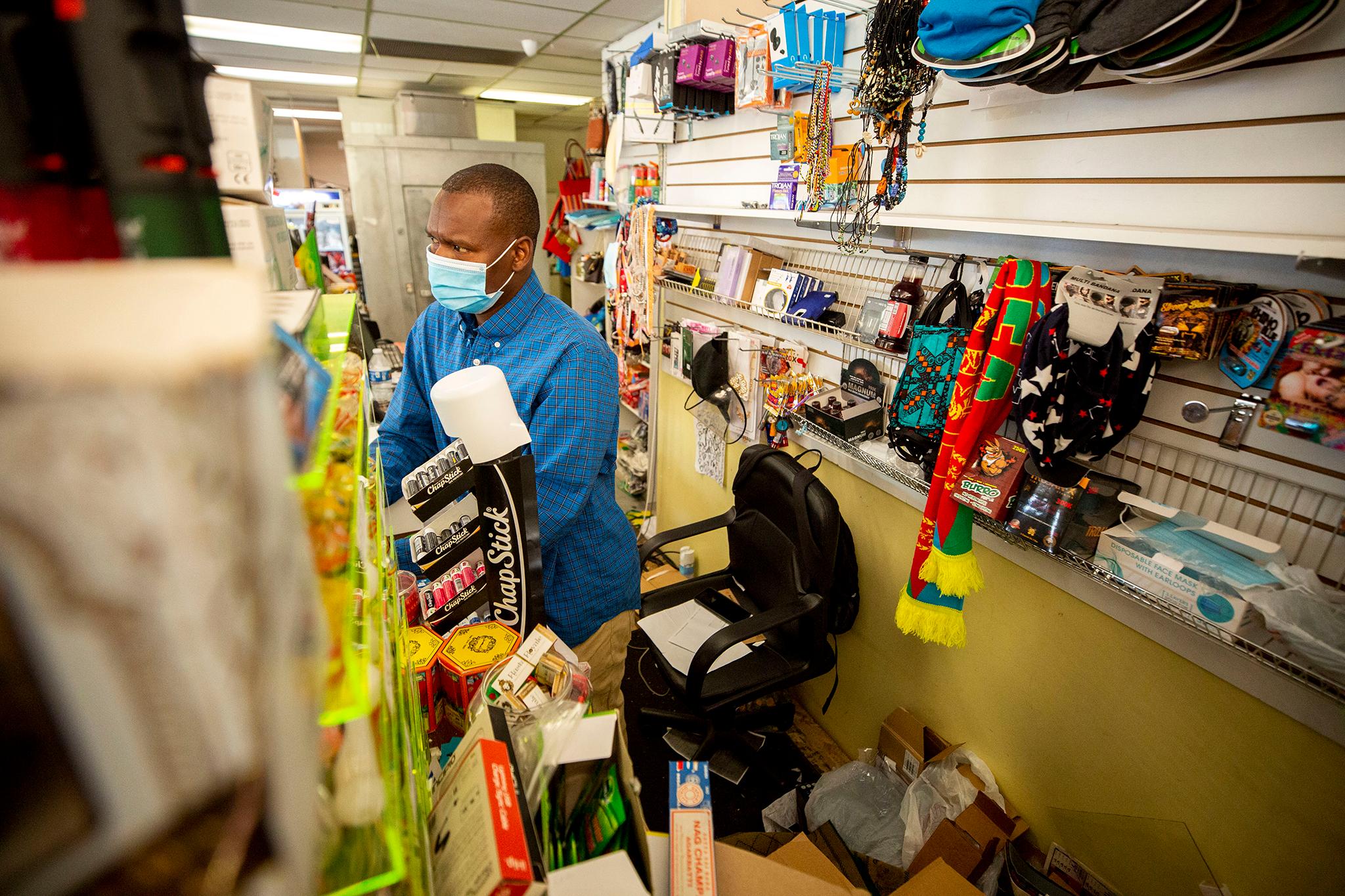The question Papa Dia comes back to is simple: Why? Why did someone use fire to kill five members of the Diol family on August 5?
The question has haunted Dia and other members of the Senegalese community in Denver and Aurora since Denver police confirmed the fire in the Diols' Green Valley Ranch home had been deliberately set.
DPD said last month when announcing more reward money in the case that there was no active risk to the Senegalese community, and a motive hadn't been established. The department said this week it still believes there is no active threat to the community.
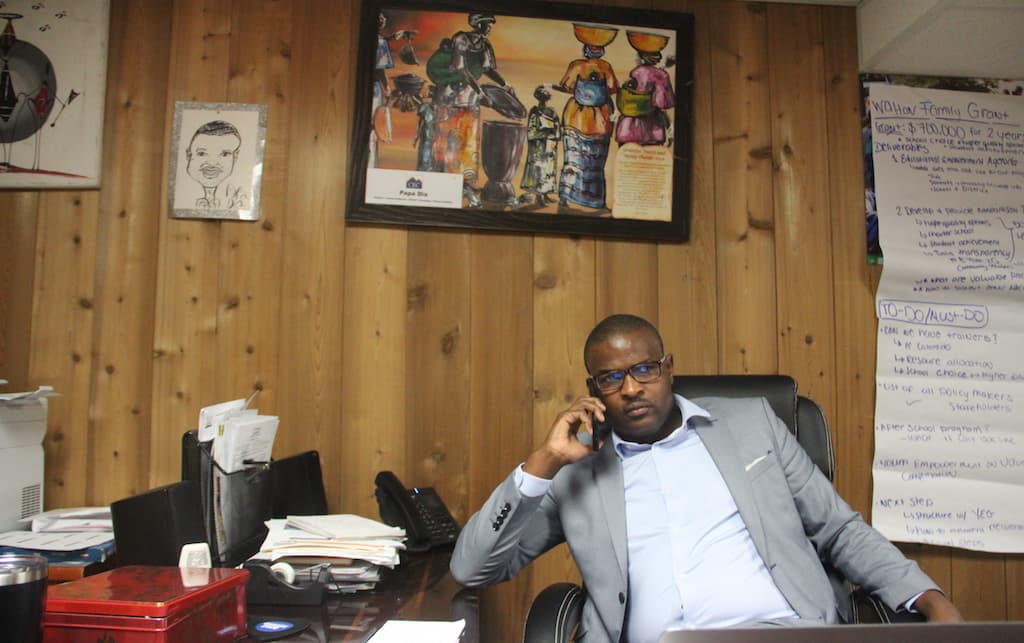
But Dia and others said they're afraid of being targeted. He said people feel a general sense of unease since homicides are up in Denver and the country feels "more divided than ever."
"If you're not safe at home, where else can you be safe?" Dia said. "And for people to say there's no threat to our community, come on. I'm not buying that."
The fire killed Djibril Diol, 29; Adja Diol, 23; their nearly-three-year-old daughter, Khadija; as well as Hassan Diol, 25, and her infant daughter, Hawa Beye. The Diol family was Senegalese-American; Djibril Diol was a U.S. citizen who was born in Senegal.
Weeks after the fire, Denver police released an eerie image showing three people in hoodies and masks who they said were involved in the crime.
Dia, founder and CEO of the African Leadership Group, is now the Diol family's spokesperson. He keeps regular contact with Denver police and the family's relatives in Senegal.
"We know for a fact this family (was) peaceful, no issue, nothing, very innocent people," Dia said.
Denver police are investigating the crime as a homicide. Last month, Lt. Matt Clark said the family's race and religion, which was Muslim, are being taken into account as part of the investigation.
Dia said police have told him how well-organized and calculated the suspects in the case were. He said he doesn't want to overlook the fact that this could have been a hate crime, but he also knows it's important to wait for proof since police have not classified the crime as bias-motivated.
Still, Dia couldn't help but think about Oumar Dia (no relation; Dia is a common last name in Senegal). He was a Senegalese immigrant who was killed by a neo-Nazi in Denver in November 1997. The Denver Post reported during the murderer's sentencing that Oumar Dia would send home $200 every month to support his family in Senegal. He was attacked while he waited for a bus near 17th and Welton streets. Like the Diol family, Oumar Dia was Muslim.
"The person that did it killed him because he was Black," Papa Dia said. "So we know this happened before. And to have another case, it brings those memories."
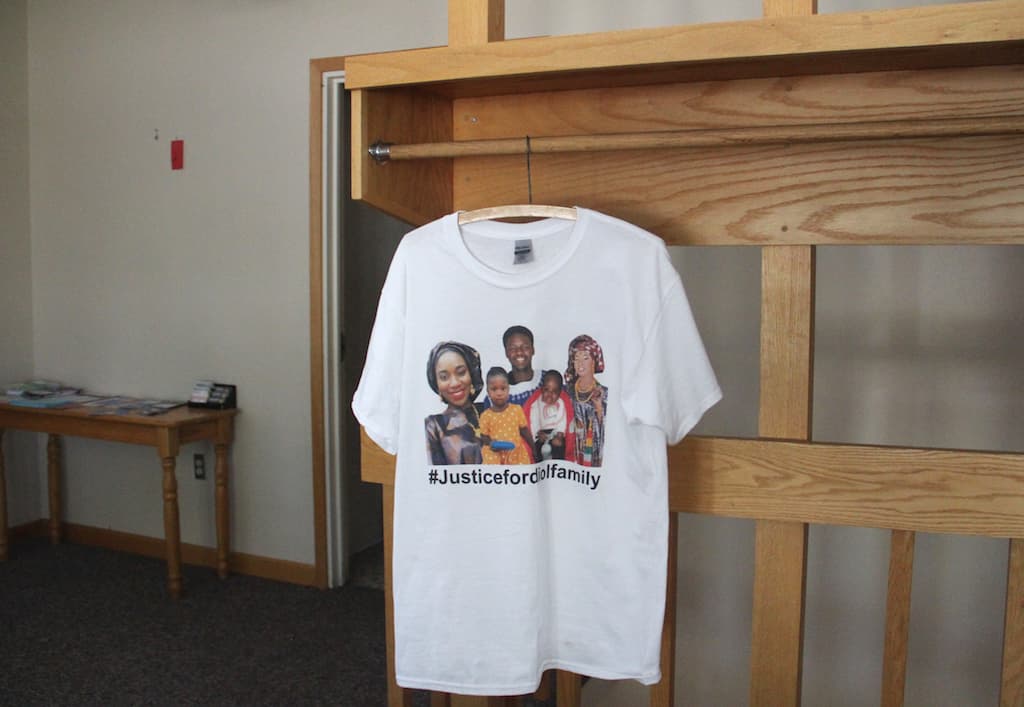
Dia International Market owner Mamadou Dia (no relation to Papa) said from his Aurora storefront he knew the Diol family. He said they visited his store, which sells African foods and products, days before they were killed in the fire. Djibril Diol's two brothers are also regular customers.
Like Papa Dia, Mamadou Dia wonders why the family was targeted. Mamadou's wife grew concerned for his safety when she learned he was planning on speaking to a reporter about the arson case.
"We might become (a) target too," Mamadou Dia said, paraphrasing his wife. "We might be next."
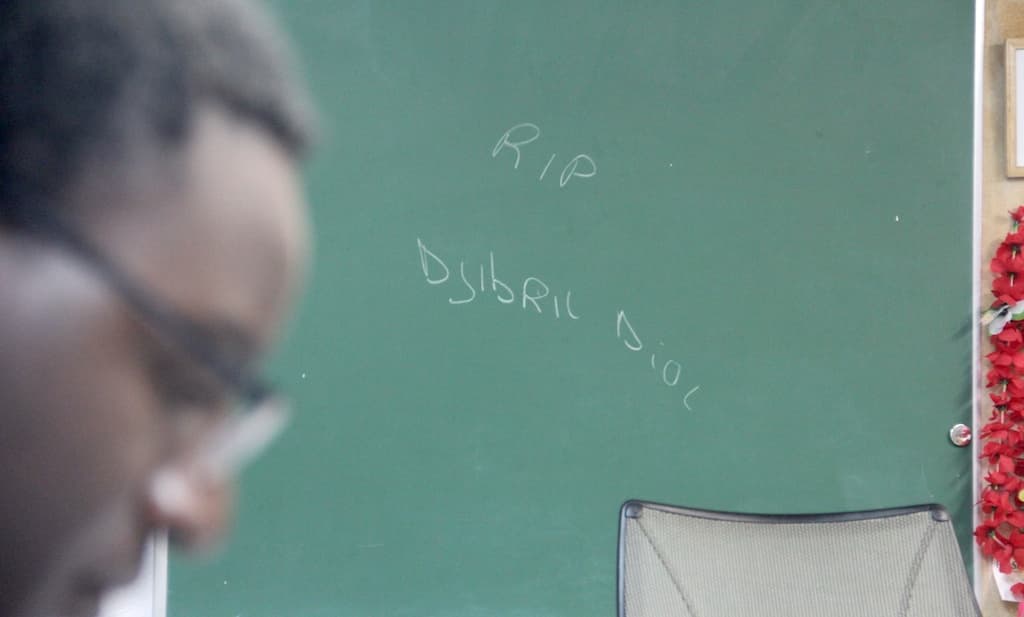
Amadou Dieng first met Diol when he lived in Summit County. Dieng, who works at the African Leadership Group, was a close friend of Djibril Diol, whom he knew as "Jibby."
Dieng described the Senegalese community as peaceful, working-class -- as people who came to the area for better opportunities. Many are immigrants, while others are building families with children who were born and raised in the metro area.
"There is no way that me, personally, I can believe or any of the community members can feel safe until justice is done," Dieng said. "Until we know, we can't feel safe."
Dieng said some "beauty" has come out of the tragedy: The community has received support from outsiders. Dieng said many Senegalese immigrants do their best to "integrate" into American society, and many do feel like they're embraced by the metro area. Dieng said that feeling safe in their own homes is something his community deserves.
Dieng is doing some of that work at his job. Papa Dia said Dieng founded his organization to give families more access to resources and to help them integrate into American society. It provides things like legal advice and information on starting a business and buying a home.
"We pray together, we eat together, we celebrate each other, we mourn together," Papa Dia said about the Senegalese community.
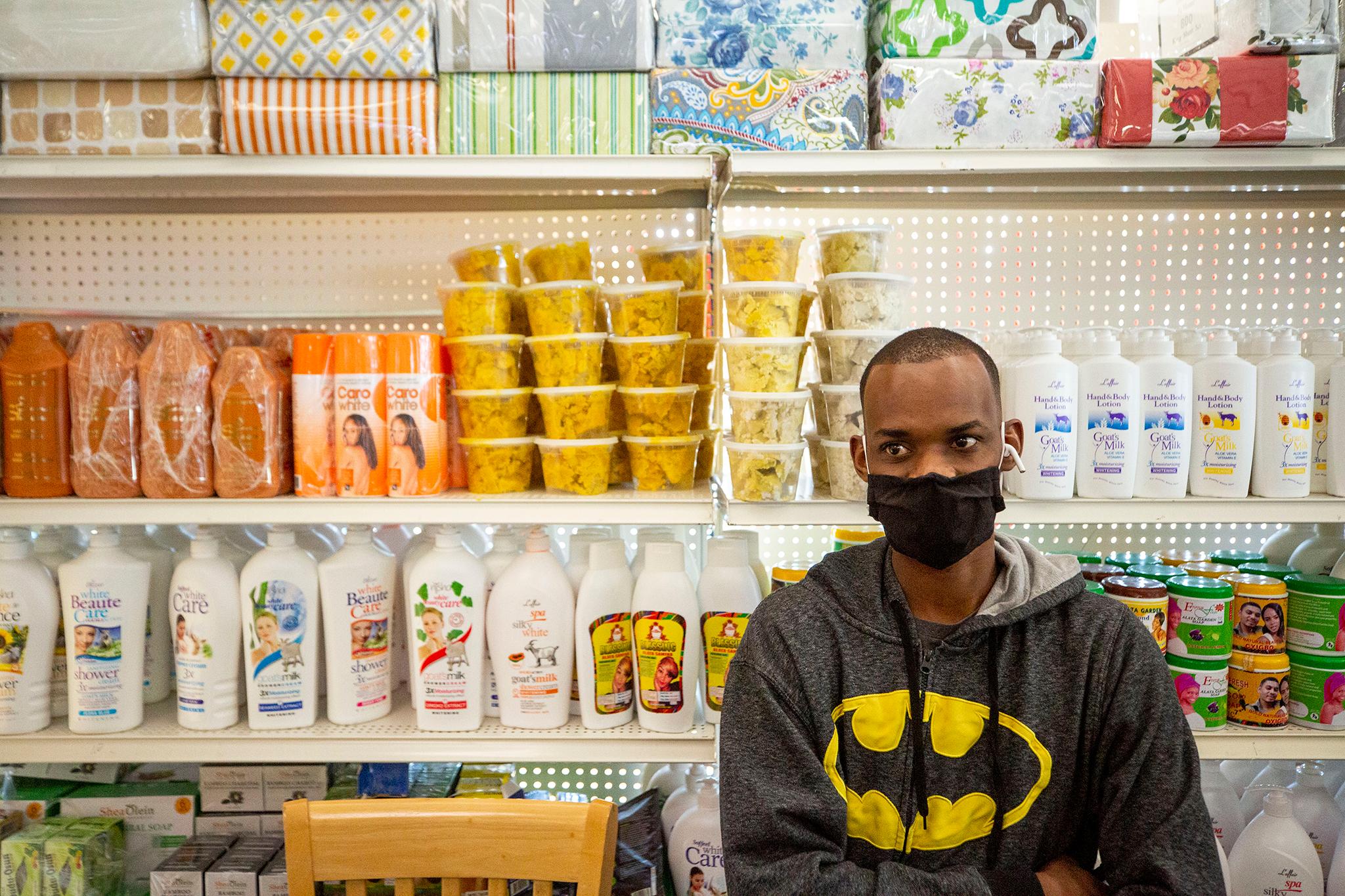
These days, Dieng has been trying to stay busy so he doesn't think too much about what happened. He said he poured himself into work shortly after the fire.
Earlier this week, a friend sent him a video of him and Djibril Diol dancing at his wedding. This fall would have marked the Diols' one-year wedding anniversary.
"It doesn't matter how long it has been," Dieng said. "You just go right back into that moment. And you still can't believe that it's happening."

